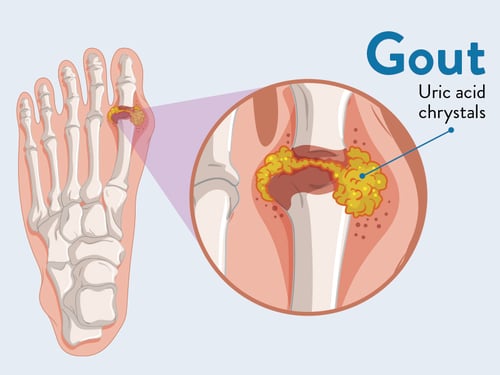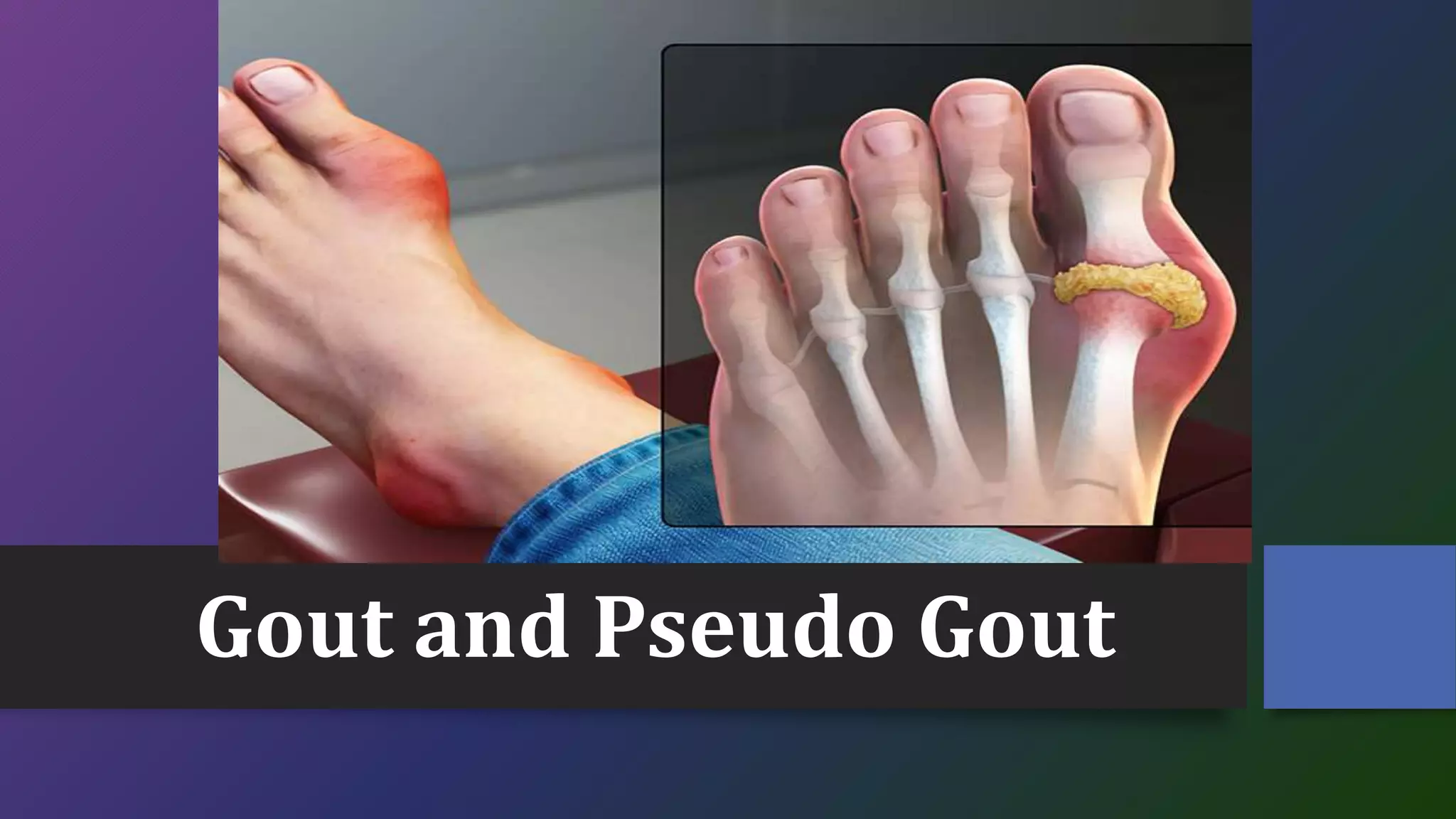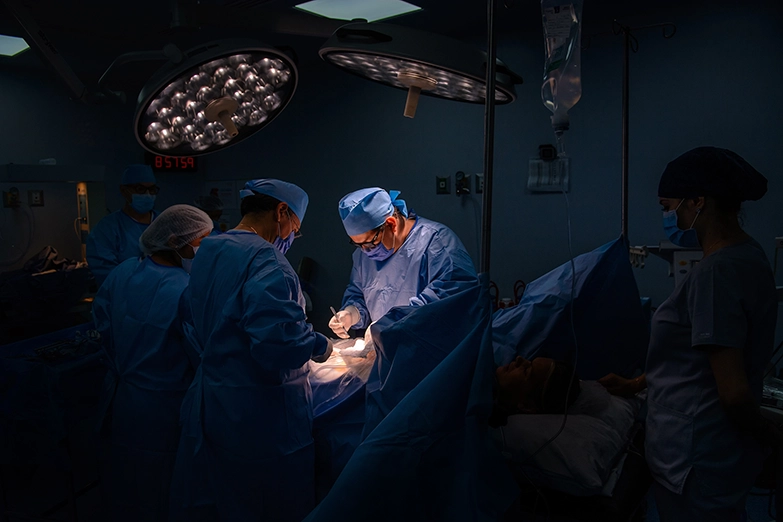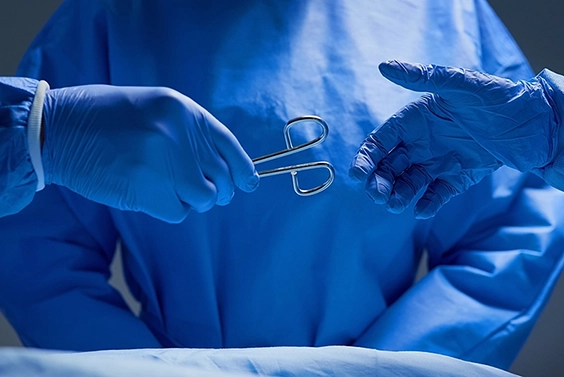Gout and Pseudo-gout Treatment at Rheumatology DRHC Dubai
At Dr. Rami Hamed Medical Center, Dubai, our expert rheumatologist specializes in the diagnosis and treatment of gout and pseudo-gout. We are committed to providing our patients with personalized care and effective treatment options to help them manage their condition and improve their quality of life.
Causes and Risk Factors
Gout is caused by the accumulation of uric acid crystals in the joints, usually due to the body producing too much uric acid or not excreting enough of it. Pseudo-gout, on the other hand, is caused by the accumulation of calcium pyrophosphate crystals in the joints, often due to aging or other underlying conditions.
Symptoms
The symptoms of gout and pseudo-gout are similar and can include sudden and severe joint pain, often in the big toe, swelling and redness in the affected joint, limited range of motion in the joint, warmth, and tenderness in the joint, skin rash or sores, joint pain and swelling, muscle weakness, Raynaud's phenomenon (cold fingers and toes), digestive problems, lung problems, and kidney problems.

Diagnosis
Diagnosing gout and pseudo-gout typically involves a physical examination, blood tests to measure uric acid levels, and imaging tests such as X-rays or ultrasound to look for crystals in the joints.
Treatment Options
Treatment for gout and pseudo-gout often involves medications to reduce inflammation and pain, such as nonsteroidal anti-inflammatory drugs (NSAIDs), corticosteroids, or colchicine. Lifestyle changes, such as maintaining a healthy weight, avoiding alcohol and certain foods high in purines (which can increase uric acid levels), and staying hydrated, can also help manage symptoms.
When to Seek Medical Advice
If you are experiencing symptoms of gout or pseudo-gout, it is important to see a rheumatologist for a proper diagnosis and treatment plan.
Complications
Complications of gout and pseudo-gout may include kidney stones, joint damage, and tophi (lumps of uric acid crystals).
If you are concerned about gout or pseudo-gout or are experiencing symptoms of the conditions, it is important to see a rheumatologist for a proper diagnosis and treatment plan. Contact us today to schedule an appointment and take the first step towards managing your condition and improving your quality of life.











